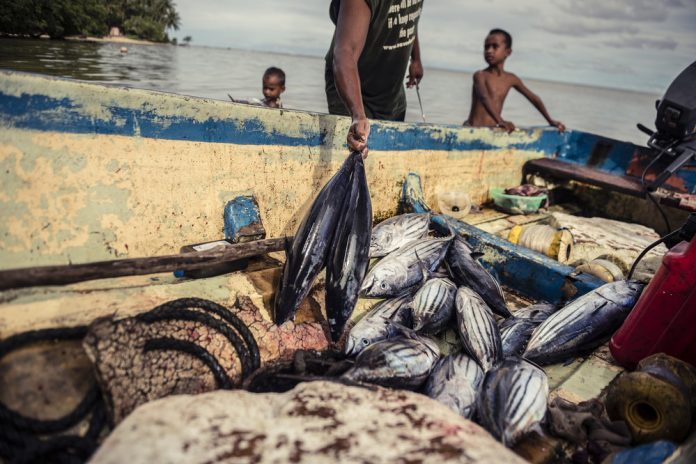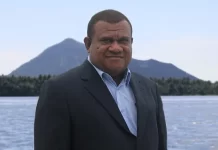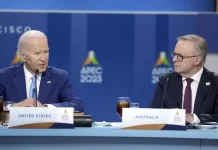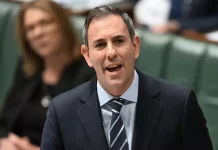The World Trade Organisation’s (WTO) current negotiations on ending fisheries subsidies are undermining livelihoods and development for developing and least-developed countries.
This was echoed by small-scale fisher groups, civil society organisations, intra-government bodies and Member country negotiators at the WTO public forum on “Catching Development: Acting Together for Sustainable Fisheries Trade”, hosted by the Pacific Network on Globalisation and Handelskampanjen.
“The negotiations currently favour the big historical subsidisers, providing them with permanent carve-outs to continue subsidising while placing restrictions and disproportionate burdens on developing countries,” commented Pacific Network on Globalisation’s Trade Justice Campaigner, Adam Wolfenden.
He said the forum is an opportunity for civil society groups to speak up about the many problems in these negotiations and how to re-centre development and sustainability.
Handelskampanjen General Secretary, Anniken Storbakk, stated “the fisheries subsidies negotiations must target the big industrial fleets who are responsible for the depletion of our oceans, and crucially, give flexibilities to developing countries for them to build up their fisheries sector.”
There has been an increased meeting schedule in Geneva as part of a broader push to conclude the fisheries subsidies negotiations at this year’s WTO Ministerial in November.
Negotiations on prohibiting certain fisheries subsidies is sharply divided over proposals that will allow subsidies to continue for large-scale industrial fleets provided that the fishing is considered sustainable while subsidy flexibility for developing countries is restricted by time and geographical limits.
Rachmi Hertanti, Executive Director of Indonesia for Global Justice (IGJ) said, “fisheries actors in Indonesia are dominated by traditional fishers or small-scale fishers. With many families in coastal areas living below the poverty line, their vulnerability will be doubled if the negotiations don’t strengthen their position as food producers.”
“We urge all WTO member countries once again to prioritise the protection of traditional and small-scale fishers by applying special and differential treatment arrangements fairly for developing countries and least developing countries permanently without any time limits and territorial boundaries,” said Hertani.
The Sustainable Development Goal 14.6 has called for the WTO to eliminate subsidies that contribute to Illegal, Unregulated and Unreported fishing and prohibiting certain subsidies that contribute to overfishing and overcapacity while recognising that appropriate and effective special and differential treatment is an integral part of the agreement for developing and least-developed countries.
“The SDG mandate is being ignored in the rush to conclude an outcome. If this proceeds on its current path, then not only will those most responsible for overfishing not be held to account but it will punish those communities most vulnerable. This fails the mandate, sustainability and development,”, concluded Wolfenden.
SOURCE: PANG/PACNEWS















